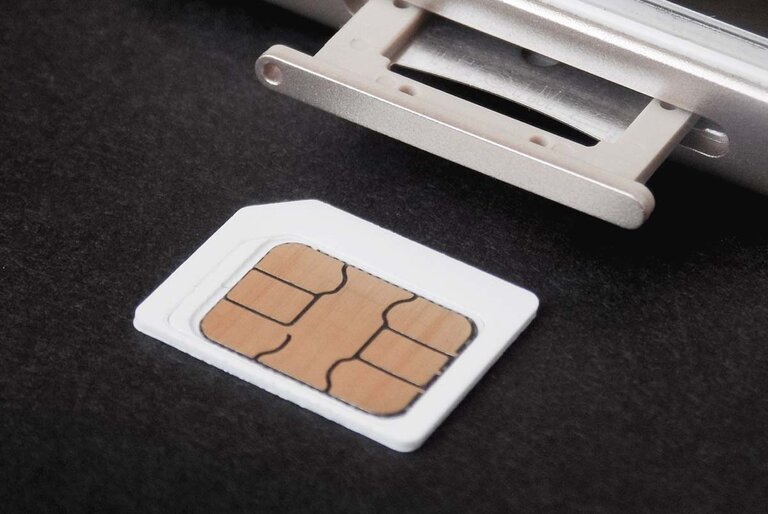As Valentine’s Day approaches, the Cybercrime Investigation and Coordinating Center (CICC) and Scam Watch Pilipinas are warning the public of the increasing cases of romance or love scams in the country.
CICC Executive Director Alexander Ramos officially launched UnmatchPH, the CICC-Scam Watch campaign against love scams, together with other partners including Gogolook, Converge, Gotyme Bank, and BPI Bank.
“We should listen to our heart but we should also use our brain when we fall in love because of a love scam,” Ramos said.
According to the CICC, love scams are prevalent throughout the year and scammers usually victimize women and members of the LGBTQ community. Moreover, with the increase in population, the number of scammers has grown as well. Scammers are also increasing investments in technology to scam more people.
Mel Migrino, Gogolook’s Country Representative for the Philippines, was worried about the growing use of Artificial Intelligence by scammers.
Scam Watch lead Convenor Jocel De Guzman identified eight profiles commonly used by love scammers. They are the following:
- Sad Boi, Sad Gurl – The scammer talks about his sad life story and appeals to pity to borrow money from victims.
- The Seducer – The scammer has a very attractive profile and asks the victim for private information. The scammer initiates talks in a sexual tone and asks for nude photos which will be eventually used to blackmail the victim.
- The Investor – The scammer usually uses a profile of an attractive foreigner and shares mega lifestyle photos. The scammer responds like a robot and charms victims to invest in foreign exchange.
- The Servicemen – The scammer pretends to be a middle-aged military assigned in Asia or the Middle East. He pretends to be looking for a lifelong partner targeting middle-aged women. When the victim starts to fall for him, the scammer would ask for monetary assistance.
- The Escort – The scammer usually uses an attractive profile picture and engages in open-minded talks. The scammer sends nude pictures and asks for money before the meet-up.
- The Blackmailer – This scammer tries to win a victim’s trust and professes his deep love. The scammer eventually asks for nude pictures and later threatens the victim that he will distribute photos online if the victim refuses to pay.
- The Slow Burn – This type of scammer plays the long game and engages in seemingly harmless conversations. He takes time to build trust and expresses genuine interest in the victim. Despite the seemingly genuine love, the scammer refuses to meet up with the victim and eventually asks for money.
- The Predator – This type of scammer is usually a mature man who preys on young women. The predator sends money and in exchange asks for nude photos from his victims.
Should you become victims of love scams or you know someone who was a victim of one, you can report incidents to CICC’s Inter Agency Response Center hotline 1326.
Image credit: Unsplash





